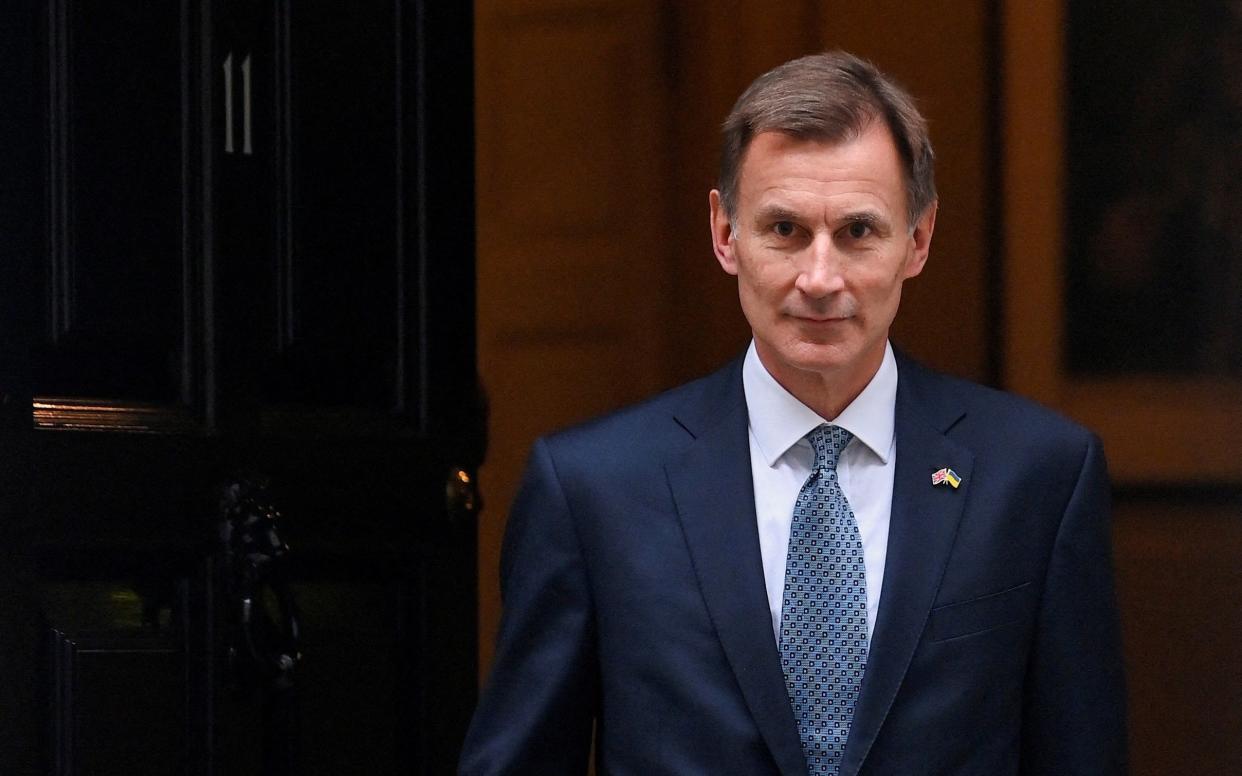Britain must escape this cycle of tax rises

If only it was an April Fool. With the tax burden already at its highest level in 40 years and inflation still in double-digits, this month will see a series of changes and freezes to tax rates and thresholds that will pile yet further misery onto British households.
The first change, implemented today, increases the rate of corporation tax from 19 per cent to 25 per cent. Then, on Thursday, the threshold for the additional 45p rate of income tax will fall from £150,000 to just over £125,000, while allowances for capital gains and dividends will be halved.
Other income tax thresholds will be frozen. When workers receive pay rises to compensate for inflation eroding the purchasing power of their wages, they will find themselves paying more to the exchequer in real terms.
It might have been thought that, in the middle of a cost of living crisis, the Government would leave a little more money in people’s pockets. Instead, it has added a tax squeeze to the pressures facing British families. These changes will take effect alongside council tax increases and annual rises in bills.
To date, these decisions have existed as abstract policy debates and ministers might hope that the stealthy nature of many of the tax rises will minimise public anger. But from tomorrow the direct effects of hiking taxation will begin to be felt in voters’ wallets. Shortly afterwards, on May 4, they will have their first opportunity to respond at the ballot box. This could prove a stern test for Downing Street.
If the public asks what exactly it is receiving in return for its generosity, the Government will struggle to find a compelling answer. Britain is increasingly a country which levies Scandinavian levels of taxes to deliver American levels of public services. The public sector is riven with strikes, with junior doctors set to walk out again in two weeks’ time, and getting an appointment to see a GP or dentist can feel like a struggle worthy of a Mesopotamian epic. Worse still, there are seemingly no solutions on the horizon.
Are there bold plans to reform the public sector, to challenge the bottomless money pit of the NHS, to demand that services are delivered in a smarter fashion? Or is there instead a view that the best way to keep a leaky bucket full is to pour more water into it?
Such an approach is not without risks. There is a danger we will find ourselves trapped in a vicious cycle, in which an unreformed public sector demands ever greater funding, paid for by ever higher taxes. It already feels at times that the only things allowed to grow in Britain are NHS waiting lists. One has only to look at the recent decision by AstraZeneca to place its latest factory in the more hospitable jurisdiction of Ireland to see where such complacency can lead.

